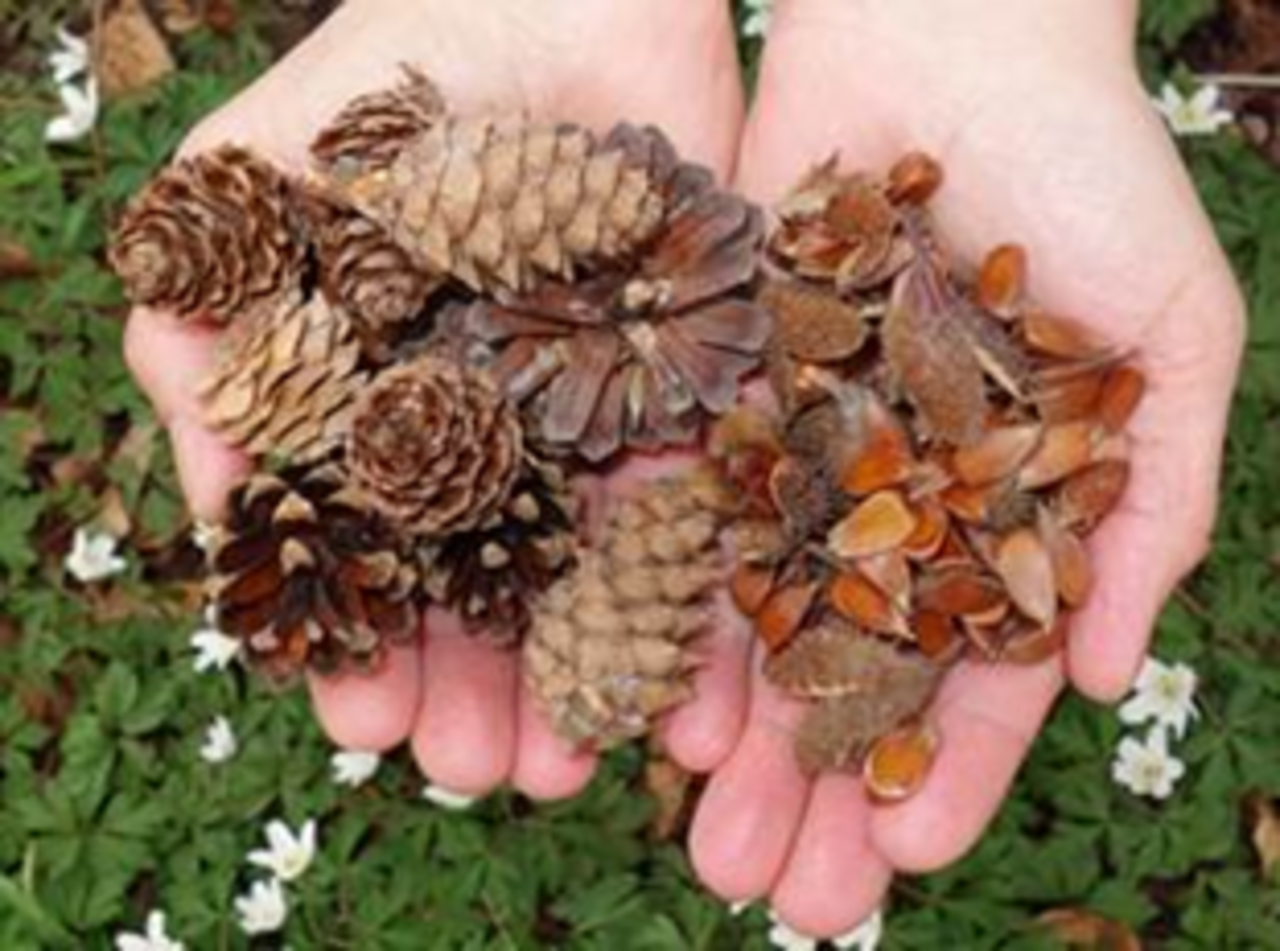Project
Towards the Sustainable Management of Forest Genetic Resources in Europe (ForGer)

Towards the Sustainable Management of Forest Genetic Resources in Europe (ForGer)
Towards the Sustainable Management of Forest Genetic Resources in Europe
Background and Objective
The FORGER project aims to integrate and extend existing knowledge to provide science-based recommendations on the management and sustainable use of FGR for EU-policy makers, national stakeholders, forest managers, and managers of natural areas. The project will galvanize around five interconnected objectives:
• synthesize and further develop knowledge from European FGR inventories by linking and extending existing databases to provide the knowledge base to sustain FGR at the pan-European level for stakeholders
• deliver a general monitoring system of forest genetic diversity that can be efficiently and economically applied by all EU Member States
• assess current and future distribution of genetic diversity under a number of forest management scenarios and climate change
• provide an overview of past and current transfer of forest reproductive material across Europe and its consequences for local adaptation
• formulate guidelines and recommendations to sustain forest genetic resources in both gene conservation units and production forests to meet the challenge of a changing environment and societal needs.
Approach
The FORGER project aims to integrate and extend existing knowledge to provide science-based recommendations on the management and sustainable use of FGR for EU-policy makers, national stakeholders, forest managers, and managers of natural areas. The project will galvanize around five interconnected objectives:
• synthesize and further develop knowledge from European FGR inventories by linking and extending existing databases to provide the knowledge base to sustain FGR at the pan-European level for stakeholders
• deliver a general monitoring system of forest genetic diversity that can be efficiently and economically applied by all EU Member States
• assess current and future distribution of genetic diversity under a number of forest management scenarios and climate change
• provide an overview of past and current transfer of forest reproductive material across Europe and its consequences for local adaptation
• formulate guidelines and recommendations to sustain forest genetic resources in both gene conservation units and production forests to meet the challenge of a changing environment and societal needs.
Thünen-Contact

Involved Thünen-Partners
Involved external Thünen-Partners
- Stichting Dienst Landbouwkunddig Onderzoeek (SDLO-Alterra) , DLO
(Waggeningen, Niederlande) -
Bundesforschungs-und Ausbildungszentrum fur Wald, Naturgefahren und Landschaft
(Wien, Österreich) - Institut national de recherche pour l’agriculture, l’alimentation et l’environnement (INRAE)
(Paris, Toulouse, Montpellier, Avignon, Ivry-sur-Seine, Clermont-Ferrand, Rennes, Thiverval-Grignon, Dijon, Orleans, Bordeaux, Pierroton, Frankreich) -
Finnish Forest Research Institute, Metla
(Rovaniemi, Joensuu, Muhos, Finnland) -
University of West Hungary
(Sopron, Ungarn) -
Bioversity International
(Rom, Italien) -
Consiglio Nazionale Delle Ricerche (CNR)
(Neapel, Florenz, Oristano, Torino, Italien) -
University Kazimierza Wielkiego
(Bydgoszcz, Polen)
Funding Body
-
European Union (EU)
(international, öffentlich)
Duration
1.2012 - 12.2015
More Information
Funding program: EU – FP7 – Thematic Priority "Environment (including Climate Change)"
Project status:
finished
Publications
- 0
Blanc-Jolivet C, Degen B (2014) Using simulations to optimize genetic diversity in Prunus avium seed harvests. Tree Genetics Genomes 10(3):503-512, DOI:10.1007/s11295-014-0699-z

![[Translate to English:] [Translate to English:]](/media/_processed_/f/3/csm_2022_Titelbild_gross2_Saatgut_in_Hand_9ffb8f5748.jpg)
![[Translate to English:] [Translate to English:]](/media/_processed_/f/3/csm_2022_Titelbild_gross2_Saatgut_in_Hand_c17270fcc0.jpg)





